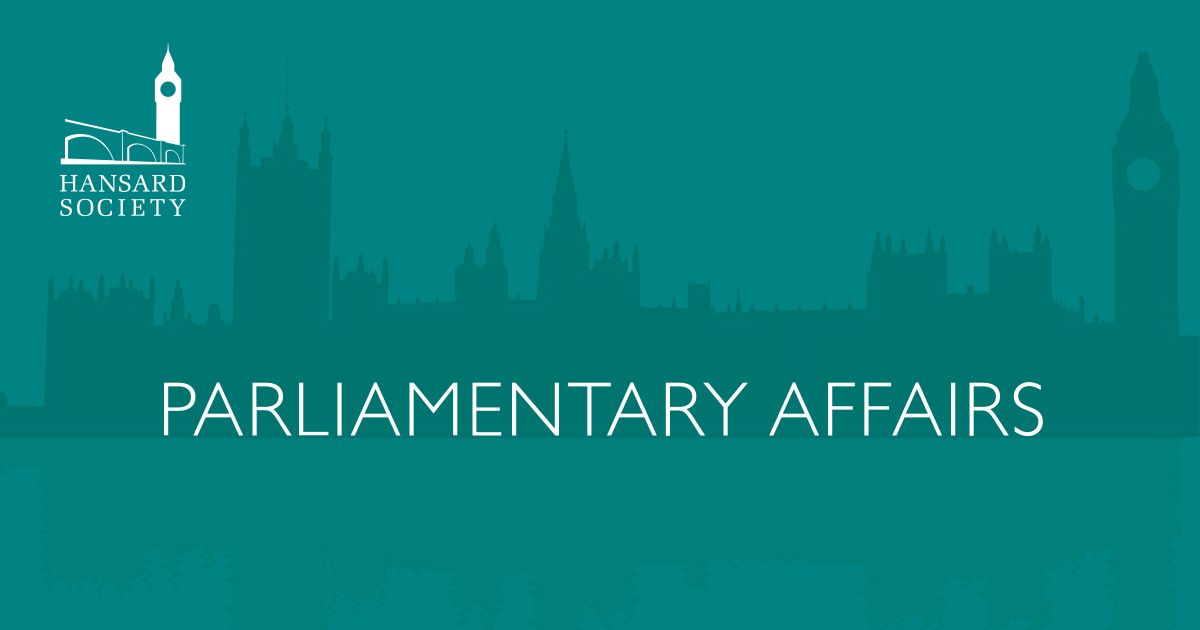To cite the article:
Improta, M. (2023), ‘Paralysed governments: How political constraints elicit cabinet termination’, Parliamentary Affairs.
Abstract
A crucial feature of the democratic life cycle, government stability, has prompted the interest of many scholars across the globe. As a result, research on this matter has established itself as one of the most developed agendas in comparative politics. However, despite the abundance of studies on the drivers of government stability, the ruling parties’ capacity to promote policy change when in government remains unexplored. This study aims to fill this lacuna by testing the effect of political constraints on the premature end of cabinets. It does so by leveraging an original longitudinal multilevel dataset comprising information on 429 governments in 20 Western European countries on which event history analyses are performed. The study’s findings show that high political constraints significantly increase the risk of cabinet termination, indicating that seeking to survive in office without governing can be an impassable road for ruling parties.
